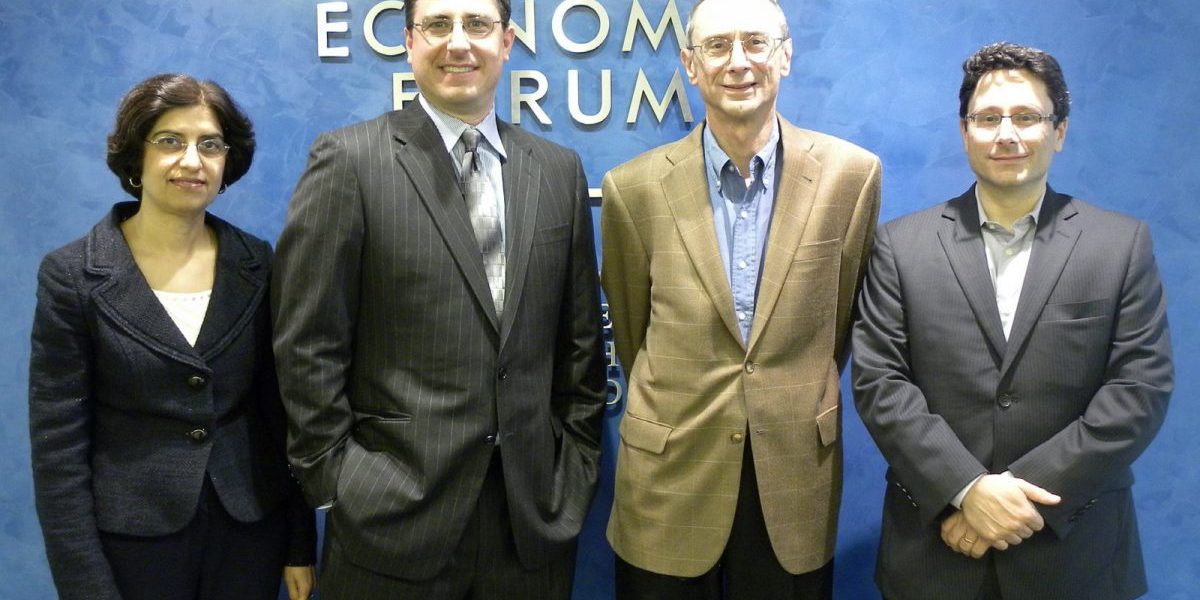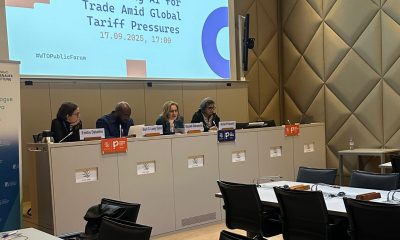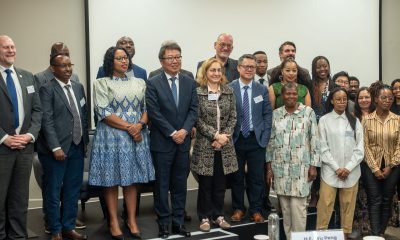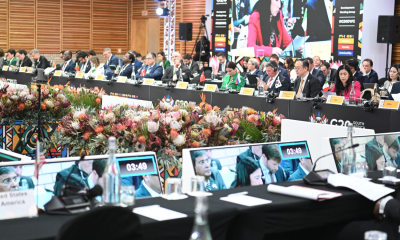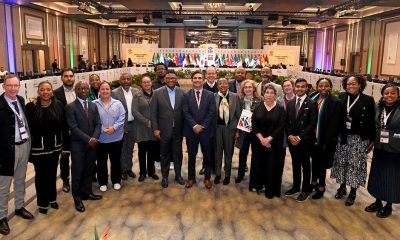The study, called The Shifting Geography of Global Value Chains: Implications for Developing Countries and Trade Policy was conducted by the WEF’s Global Agenda Council on the Global Trade System. It examines how shifts in global value chains are likely to impact on developing countries and international trade policy.
The most important implications concern unilateral trade policies, or what countries can do for themselves. Central to this is reducing transactions costs in order to attract value chain investments, and investing in horizontal policy measures such as education, infrastructure, and efficient logistics in order to provide the right enabling environment. Furthermore, the report highlights that the rules of the World Trade Organization (WTO) are based on the notion that a firm in one country sells a product to customers in another, whereas global trade has become a complicated mix of trade in products, services, labour and capital.
And value chains evolved historically as southern exporting platforms to service northern markets. Yet in recent years, southern locations are increasingly targeting other southern markets. But the Doha round of the WTO is still rooted in a north-south negotiating dynamic. As value chains relocate, and are driven by emerging market growth in the south, these new dynamics must be reflected in how the WTO conducts its business.
“This report highlights the obvious fact that the world of trade and investment has changed fundamentally in recent years, leaving policy and regulatory approaches behind in many ways”, says Peter Draper, who chaired the Council and coordinated the report. Draper is also senior research fellow at the South African Institute of international Affairs (SAIIA).
“For South Africa this means we need to focus far more systematically on reducing transactions costs, particularly for multinational companies interested in relocating parts of their value chains. We are in a global race to attract this kind of investment and cannot afford to be complacent.”
The report identifies five fundamental changes to global value chains we will see over the next decade:
- Energy and associated transportation costs are likely to continue rising as the cost of fossil fuels increases and policy measures targeted at carbon emissions intensify. These cost pressures promote reductions in the ‘length’ of value chains.
- Resource competition will increase and prices are likely to rise as new players from emerging markets secure access to resources for input into production processes. Export restrictions designed to secure supplies of industrial inputs, if not regulated through the WTO, should also intensify upward pressure on prices.
- China is at the centre of global value chains in manufacturing, particularly in labour-intensive sectors. But as China shifts its growth model away from reliance on exports towards domestic consumption, wage costs could rise and the currency continue its appreciation. These increases in the “China price” are already promoting relocation of some value chain investments out of China.
- Information technology costs are likely to be driven lower through intense competition. This opens up opportunities for countries wishing to grab a slice of the value chains action.
- Southern markets will continue to grow in relative importance, while Europe is likely to remain structurally repressed for the foreseeable future. This is likely to drive value chain reorientation and relocation, in unpredictable ways.
The report is available for download from the WEF website.
Peter Draper is currently vice-chair of the WEF Global Agenda Council on the Global Trade System, and is available for comment. Read his article published by the Business day, entitled Shifting global value chains have implications for policy.
To arrange for interviews, please contact:
Riona Judge McCormack
SAIIA Communications
Cell: +27 71 764 3690
Tel: +27 (0) 11 339-2021 (ext. 124)
Email: Riona.JudgeMcCormack@wits.ac.za / media@saiia.org.za

